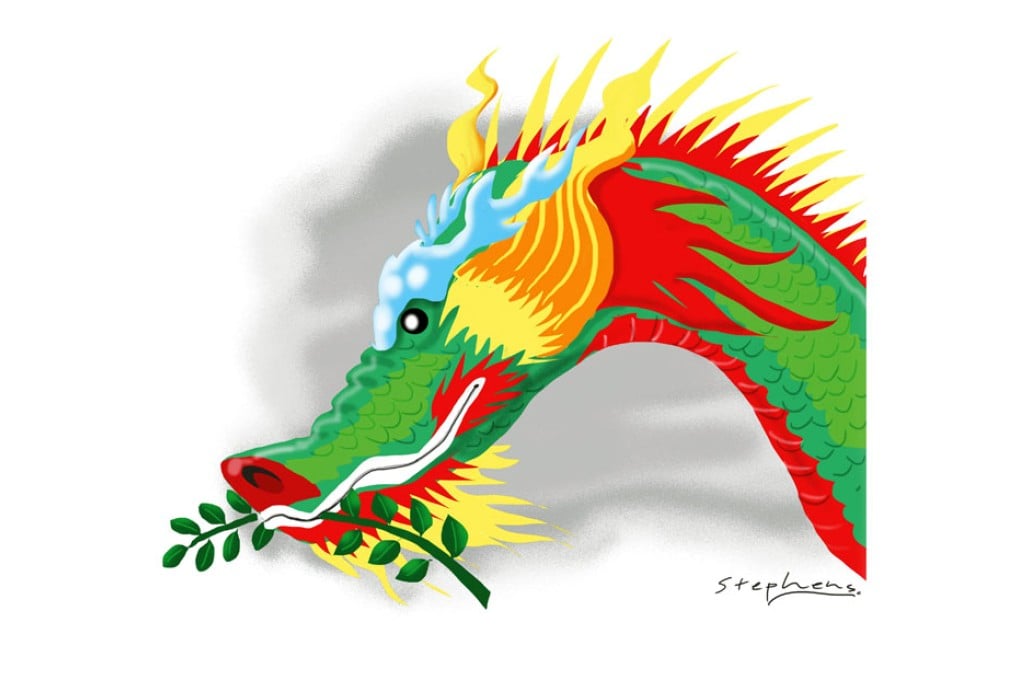China's unprecedented quest for a peaceful rise
Jean-Pierre Lehmann says with no precedent to follow, China's quest for a peaceful rise to global power status is understandably challenging, for itself as well as other 'responsible stakeholders'

China is the first new great global power to emerge in over a century. It is receiving a great deal of unsolicited advice in the process, notably then US deputy secretary of state Robert Zoellick's 2005 admonition to Beijing that it should be a "responsible stakeholder". (Note: that was two years after the invasion of Iraq!) It was logical, therefore, that the Chinese should ask how the preceding emerging great powers got there. One result of the inquiries was a brilliant 2006 CCTV series, The Rise of the Great Powers.
The series begins with Portugal in the 15th century, the first great global seaborne power with an empire stretching from Brazil, across the Atlantic, to both West and East Africa, through to the Indian Ocean with an outpost in Goa and thence to the Western Pacific in Macau. Following Portugal, the series describes the rise of the next eight great powers: Spain, the Netherlands, Britain, France, Germany, Russia, Japan and the United States.
One major conclusion is that not a single one of the nine could have been described as a "responsible stakeholder" during their rise to global power: in every case, conquest, destruction, enslavement, executions, looting and the like were the order of the day.
The rise of Zoellick's own country, the US, entailed slavery, the genocide of native American Indians, wars and territorial acquisitions (notably from Mexico), the control of neighbouring countries in the Caribbean through the expulsion of other powers, the imposition of the Monroe Doctrine declaring Latin America a US sphere of influence, culminating in the Spanish-American war whereby Washington acquired Puerto Rico (as well as Guam and the Philippines) and Spain was expelled from Cuba.
In his compelling book, Asia's Cauldron: the South China Sea and the End of a Stable Pacific, Robert Kaplan draws an intriguing parallel between US perspectives on the Caribbean in relation to its national security and China's on the South China Sea.
Arguably, the most relevant chapter of the CCTV series is that on the UK. It was Britain that woke China from its slumber and forced it, screaming and kicking, into the modern age. Imperial China, which just before the outbreak of the first opium war corresponded to over 30 per cent of global gross domestic product, was almost certainly unsustainable. The system was obsolete and violent peasant risings had been raging for decades. But it is the manner in which Britain behaved that remains for China and Britain - and for the rest of the planet - a deep moral quandary.
As the totally illicit opium trade caused economic and social ravages, the Chinese pleaded with Britain to be a "responsible stakeholder". In an impassioned letter addressed to Queen Victoria just prior to the outbreak of hostilities, commissioner Lin Zexu appealed to Her Majesty's better moral self to intervene so that the heinous trade be brought to an end. Commissioner Lin pointed to the flagrant double standards (a recurrent theme among risen Western great powers) in noting: "I have heard that the smoking of opium is very strictly forbidden by your country; that is because the harm caused by opium is clearly understood. Since it is not permitted to do harm to your own country, then even less should you let it be passed on to the harm of other countries - how much less to China!"